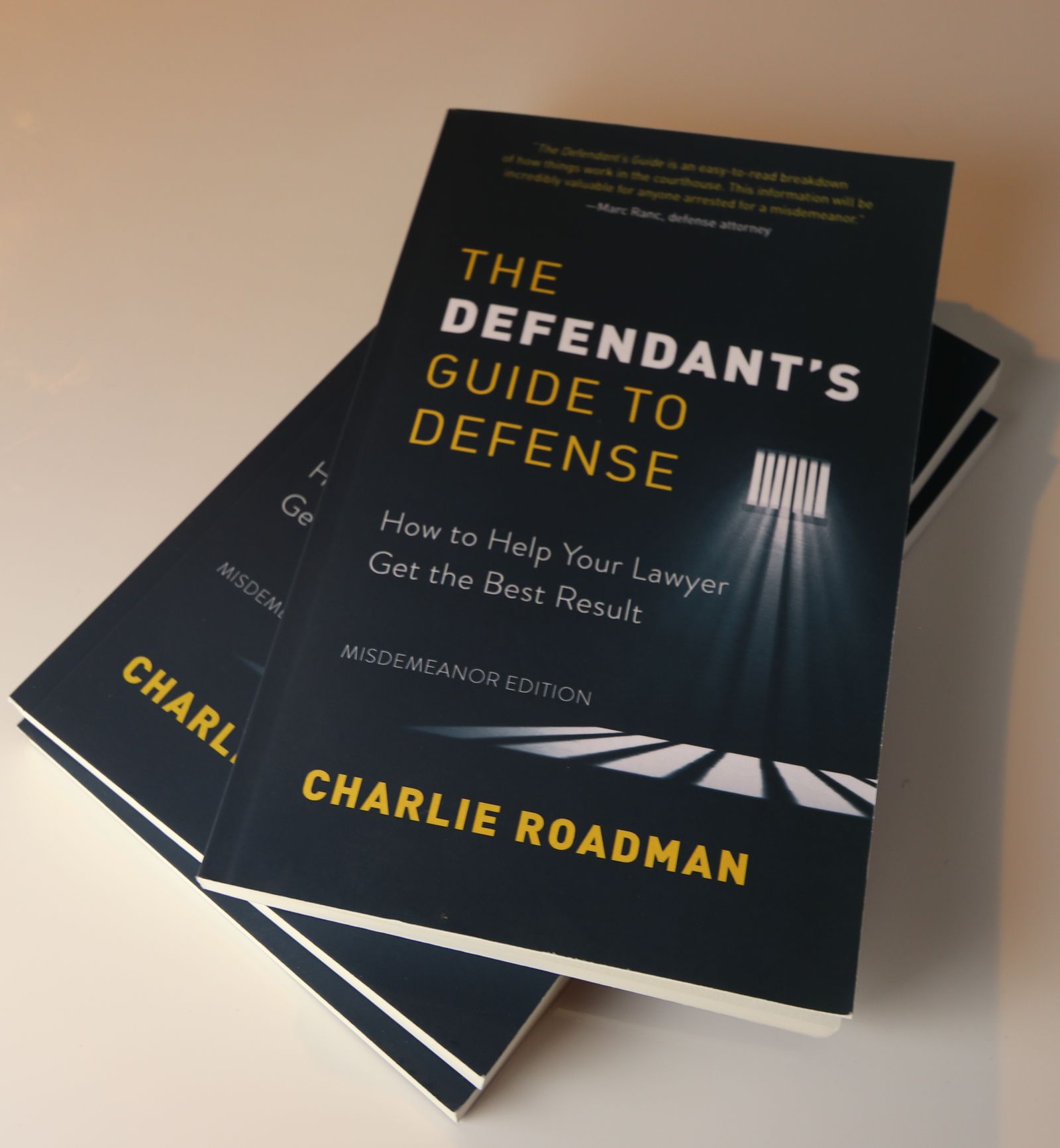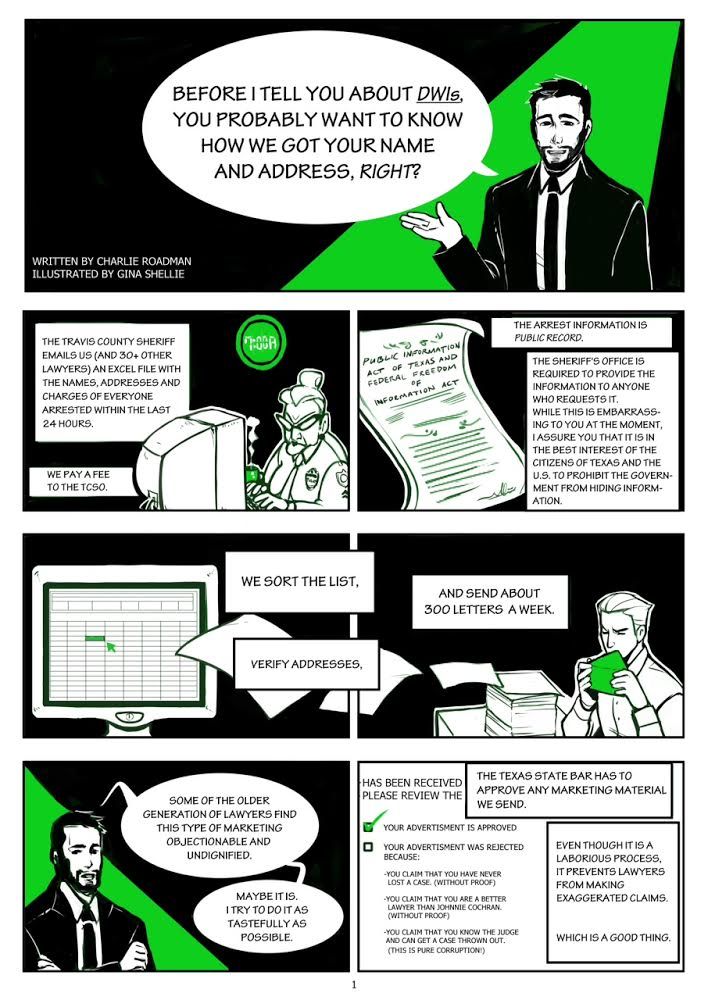What You Need To Know About the Ignition Interlock Device
What You Need To Know About The Ignition Interlock Device
FAQs
Q: What is an Ignition Interlock Device (IID)?
A: An IID is a device installed in a vehicle that requires the driver to blow into it to start the car and periodically while driving. It's typically ordered by a court under specific circumstances as a form of punishment, community protection, and to assess if the individual has a drinking problem.
Q: If I have an IID, am I allowed to consume alcohol?
A: In most cases, if you're ordered to have an IID, you're also instructed not to consume any alcohol, even if you're not planning to drive. It's crucial to confirm this with a pretrial services officer, bond person, or defense attorney.
Q: What are the rules for using an IID?
A: There are two sets of rules: those from the company renting out the IID and the judge's rules. The latter, including conditions from pretrial services, bond conditions, and probation, are the most important and typically do not allow any alcohol violations.
Q: Can the IID detect low levels of alcohol?
A: Yes, IIDs can detect even low levels of alcohol. Some devices may allow the car to start with a BAC below 0.02, but any alcohol detected can be problematic in the eyes of the law.
Q: Can IIDs give false positives?
A: Yes, IIDs can detect alcohol from sources like mouthwash or kombucha, leading to false positives. In such cases, you should rinse your mouth and retest until you show zero BAC.
Q: What should I do if I get a false positive on the IID?
A: Rinse your mouth thoroughly with water and retest until you record a zero BAC. This process is essential to prove to the court that the initial positive reading was due to non-alcoholic products like mouthwash.
Q: What are common violations with IIDs?
A: Common violations include failing to retest after a false positive, consuming alcohol, and not following specific instructions related to the IID.
Q: What excuses won't work if I violate IID rules?
A: Excuses such as claiming the alcohol was from mouthwash, kombucha, or hand sanitizer, or that you were late for work, are generally not acceptable. Only a retest showing zero BAC can potentially be considered a valid excuse.
Q: What are the consequences of violating IID rules?
A: Violating IID rules can lead to severe legal consequences, ranging from losing a second chance to potential jail time. It's essential to strictly follow all rules and guidelines.



